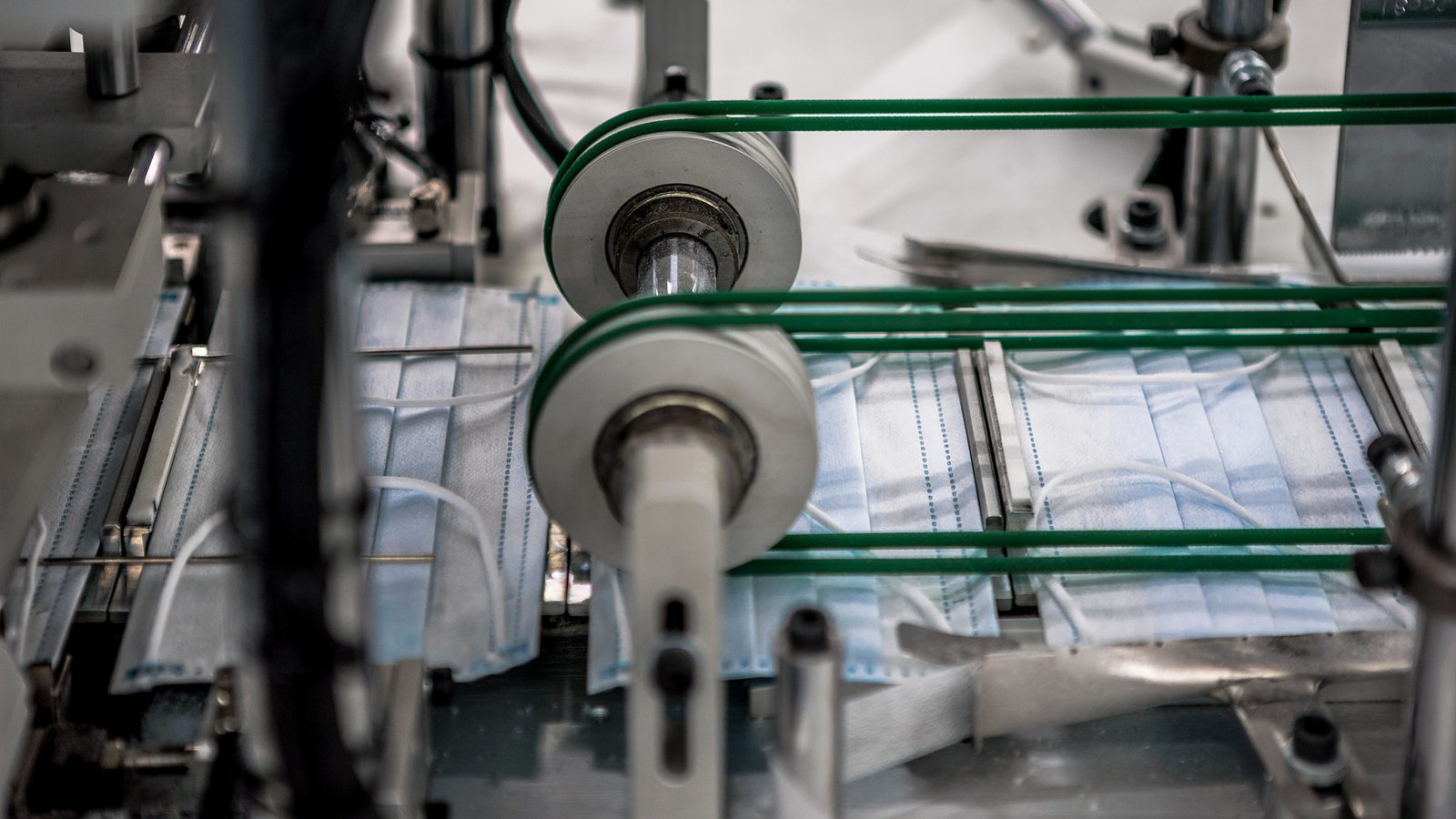By Laser 1 Technologies
Reacting To Crisis In The Context Of Lean Manufacturing
Many manufacturers were in the middle of process improvements this spring, embracing and enacting principles such as Lean Manufacturing. We were making process, increasing productivity, enjoying a predictable feedback cycle of improvement and then the Coronavirus crisis hit, and everything is suddenly in turmoil.
Some factories suddenly needed to ramp up to meet skyrocketing demand; for others, the demand completely evaporated. All the processes and improvements you were just riding on are suddenly turned upside down. All the customers you were pleasing suddenly have new demands – or none.
You’ve got a crisis to address. Expect challenges: it will be messy and contentious, but it can also be extremely fulfilling and successful.
How should a manufacturer deal with disruption like this? Here are a few organizing principles which should help guide you, in the case of the current pandemic or when facing other unexpected major shifts.
Identify Your Pivotal Goal and Organize Accordingly
What is the high-level action you must take to respond to the crisis? Is it ramping up? Ramping down? Shifting to a new product? Take the time you need to answer this question critically and correctly, because it will inform all your subsequent actions.
Identify the crisis and your action in response; consider the impact of your action on your operation; then focus on making it happen. While quick responses are necessary, logic and method must not be sacrificed. Panic won’t serve anyone.
Communicate Frequently and with Clarity
In times of crises, clarity and repetition are critical. Being honest, straightforward and clear will help your entire team rally and get onboard. Leaving a communication vacuum is an invitation for gossip and conjecture, which are seldom beneficial.
Keep it simple and repeat yourself. When people are stressed, they may not listen effectively. Give them multiple chances to receive and integrate important messages. Be consistent, brief and repetitive. Ask for their flexibility, and offer yours.
Rely on Data for Good Decisions
Lean Manufacturing trusts the dictates of data. You’ve been honing your ability to rely on data and facts to drive decisions. Data can also help you navigate this crisis.
Consult data to formulate actions that will best utilize your plant and your workforce in the current context. Your initial actions may precede the revised data responding to the current crisis, but don’t let that paralyze you. Make the best assumptions you can, and revise them as data accumulates. Be flexible for revisions and reconfiguring until the situation stabilizes.
Empower Your People
Crafting the initial response is probably the domain of company leaders, since speed is critical. However, once goals are clear and communicated, involve and empower employees at all levels to be part of the solution. Top-down and bottom-up efforts can work harmoniously. Your team members are your foot soldiers in the effort, and they all have something to contribute. An important principle of Lean Manufacturing is respect for people, so empower everyone to generate ideas and support your plans.




